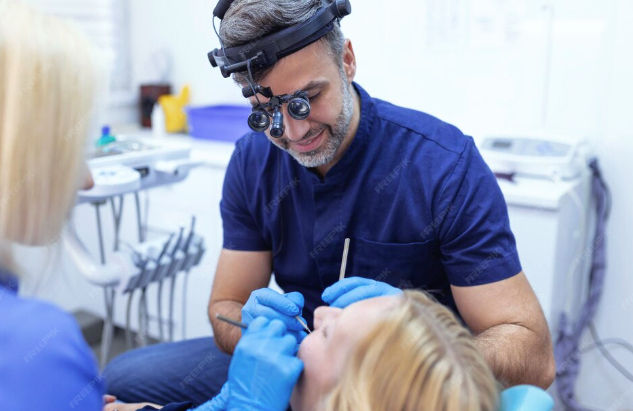Vocational Test Before Investing in a Dental Career
- Alex Gomes

- Sep 7, 2025
- 2 min read
ToothTalk by Alex’s Super Important Tip: Take a Vocational Test Before Investing in a Dental Career

Choosing a career in dentistry involves more than just considering salaries or job opportunities — it requires understanding your interests, personality, and psychological aptitudes. In dentistry, whether as a Dental Assistant or Dental Hygienist, this analysis is crucial since your work directly impacts patients’ health and happiness.
ToothTalk by Alex strongly recommends taking a vocational test before starting any program, to ensure you are prepared both psychologically and financially.ng You Decide Where to Begin Your Dental Career
What is a Vocational Test and Why Take it Beforehand
A vocational test evaluates:
Technical and cognitive skills: Attention to detail, concentration, and manual dexterity.
Interpersonal profile: Ability to communicate empathetically with nervous or anxious patients.
Emotional factors: Stress tolerance, patience, and empathy.
Taking this test beforehand helps avoid frustration and align your career choice with both your profile and the high investment required, ensuring patient safety and satisfaction.
Common Gaps Identified by Vocational Tests
Many students underestimate the psychological demands of clinical environments:
Stress management: Handling anxious patients or complex procedures.
Physical and mental stamina: Staying focused and standing for long periods during procedures.
Social skills: Communicating clearly and empathetically with patients and team members.
The vocational test helps identify these gaps early, allowing you to develop essential skills for patient safety and happiness.
💸 Average Investment in a Dental Hygienist Career
For a program of approximately 3 years, average costs in the U.S. can include:
Tuition and school fees: $12,000–$15,000 per year → total $36,000–$45,000.
Materials and books: $1,000–$2,000 per year → total $3,000–$6,000.
Specializations and additional courses: $500–$1,500 per year.
Participation in events and dental conferences: $500–$1,000 annually.
Considering all expenses, the total investment over 3 years may reach $40,000–$55,000, excluding future costs for advanced courses, specialization, or books.
Benefits of Planning Ahead
Avoid spending large sums on a career that may not match your psychological profile.
Ensure you are prepared to handle patients safely, promoting trust and well-being.
Organize investments in materials, extra courses, and events, maximizing the return on your education.
Expected Salary and Professional Satisfaction
Dental Assistant: average $47,000/year in the U.S.
Dental Hygienist: average $90,000/year, higher in high-demand regions.
Beyond salary, the emotional reward is significant: working in dentistry allows you to directly contribute to patients’ health and happiness, positively impacting lives every day.
Where and How to Take a Vocational Test
We recommend taking a test online or through professionals specializing in dental career guidance. Some educational institutions also offer programs integrating vocational evaluation, ensuring your investment in courses is informed and safe.
📌 Conclusion
Before investing in a dental program, take a vocational test. It helps assess your psychological profile, interpersonal skills, and prepares you for the financial investment required for studies and specializations. Making a conscious decision protects both you and your future patients, ensuring satisfaction, safety, and career success.




Comments